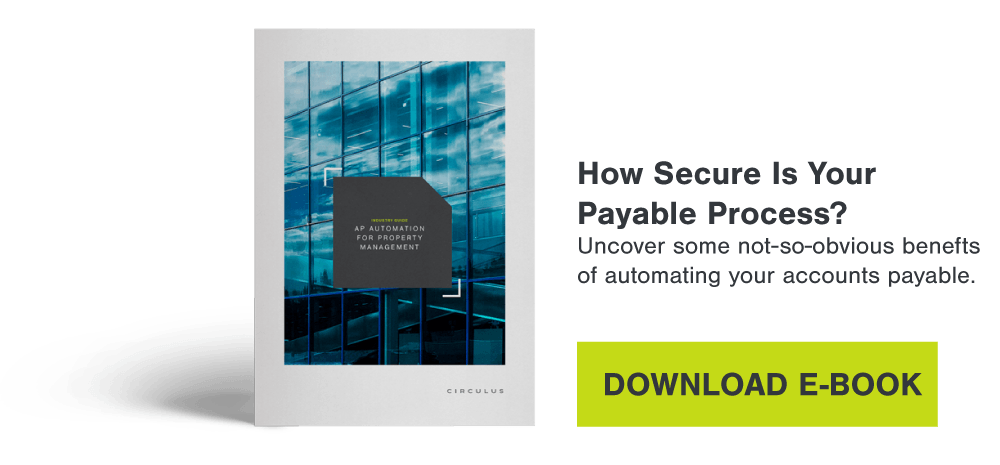In your property management business, one size does not fit all when it comes to access to financial information. While some employees need access to bank accounts or payment approvals, others simply need to provide background information, upload supporting documents or even just to provide an extra set of eyes. In traditional paper-based processes, it’s difficult to regulate specific access while still accounting for the day-to-day reality of getting invoices approved and paid promptly.
Part of a well-run AP organization is a clear delineation of responsibilities. Data entry clerks need to enter data. Approvers need to approve, and so on. In doing so, the process is not only streamlined, but necessary checks and balances are enforced automatically. AP automation tools offer the technology needed to enforce the rules you define, and apply them automatically, with no human intervention required.
Even the ability to define and modify the role-based accesses themselves are easily modified. Migrating AP to the cloud allows your organization to standardize access, and make adjustments in real time, as needed.
Defining Your Roles
For those new to formalizing the accounts payable process, some of the more standard roles to consider are:
Clerk – This function typically collects invoices, extracts the data within, and sends the document into the workflow to be completed. It’s a breach of best practices to allow personnel who enter data also to approve their invoices, so this role should be the focus of someone dedicated to getting documents registered within the platform, coded and assigned promptly. For companies who don’t have a dedicated resource for this type of work, many businesses turn to outsourced resources specifically trained in data entry.
Reviewer – For companies who are looking for an additional set of eyes on a particular invoice at any time, the Reviewer role is a good fit. Frequently, employees in this position are expected to evaluate invoice data, ensure everything is associated with the right property or tenant, and provide any additional details on assignment rules.
Approver – This role is critical in any organization, regardless of industry. In property management, you no doubt have strict processes in place which require oversight and approval for certain spend types, such as anything that exceeds a certain threshold or items which would be considered capital expenditures. Due to such processes, accurate and complete information is critical to avoid hangups in the approval process, frequently for spend which requires prompt review.
Payer – This role is the last line of defense regarding fraud prevention and the role which can execute payments. This permission is typically reserved for a company owner, CFO, Controller, or senior accounting personnel.
Admin – This role has all capabilities, including overrides and the ability to create and assign permissions to all other users. This role is typically reserved for company owners, regional/multi-property managers, or the highest-ranking employee with access to financial information and transactions.
Accountant – Incorporating your accountant into your process is beneficial for all involved when managed correctly. For property-related concerns, allowing your accountant access to payables is helpful concerning spend oversight and evaluation as it compares to other properties within your portfolio. This role typically has limited access, usually at the review or approval stages.
These are just a few examples of roles commonly utilized in this type of work, and most automation tools provide various levels of customizing to fit a company’s unique needs.
When it comes to maintaining clear responsibilities, technology can alleviate guesswork and consistency. So while there are certainly exceptions to the rule and role-based nuances to consider, incorporating the best practices enforced by digital tools is a significant first step in streamlining your processes.





